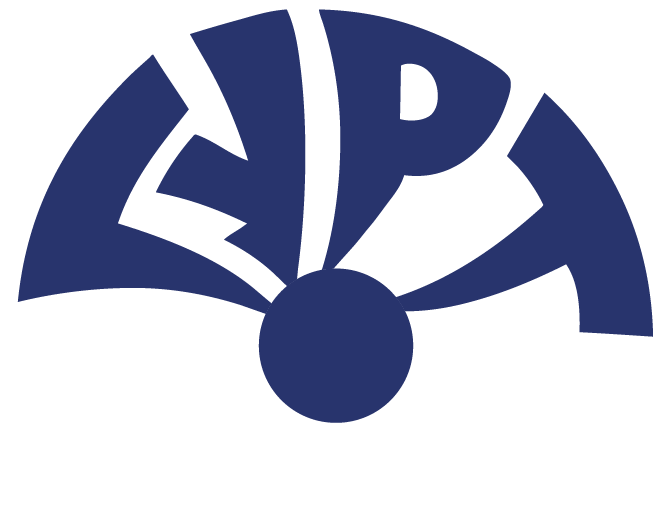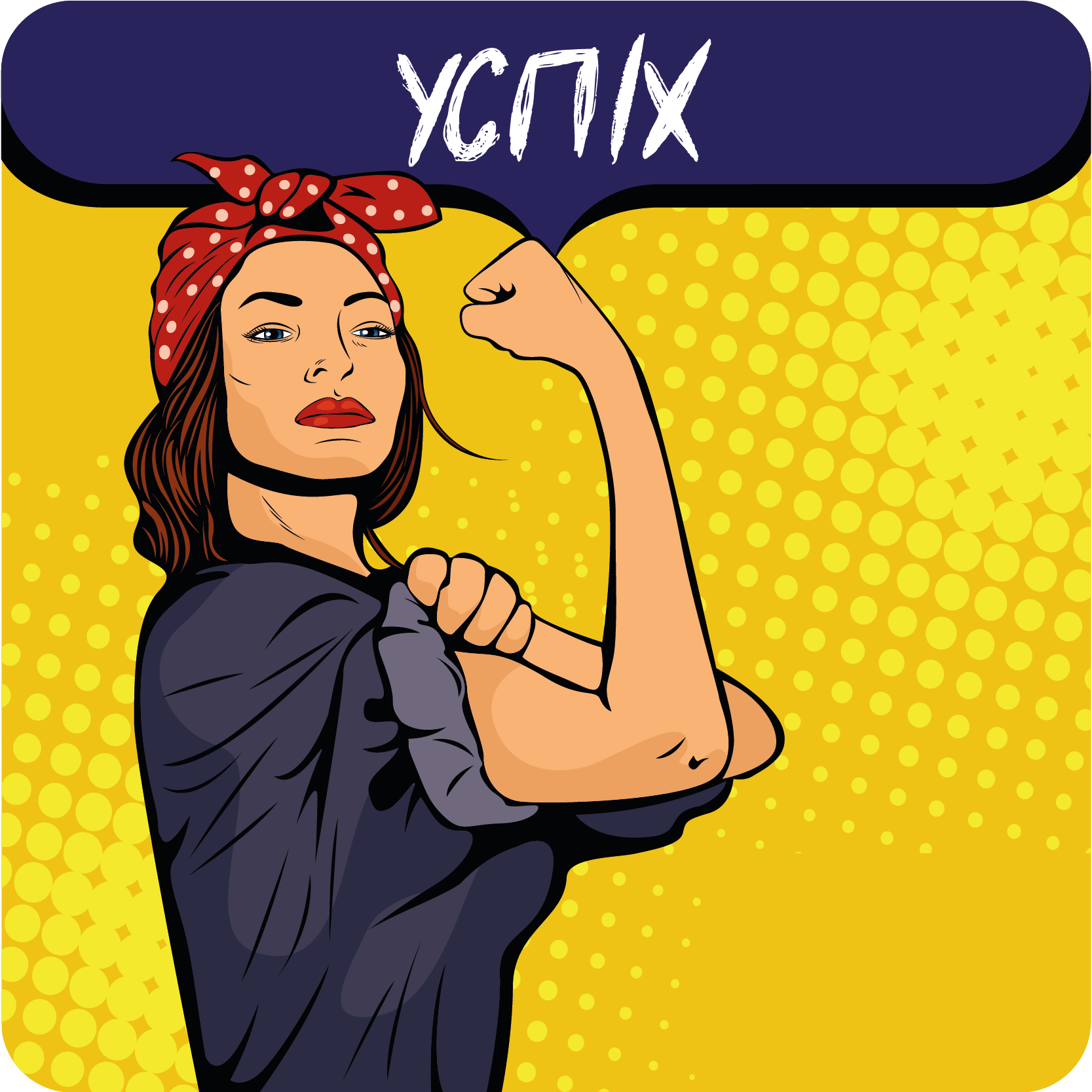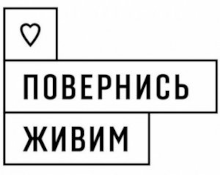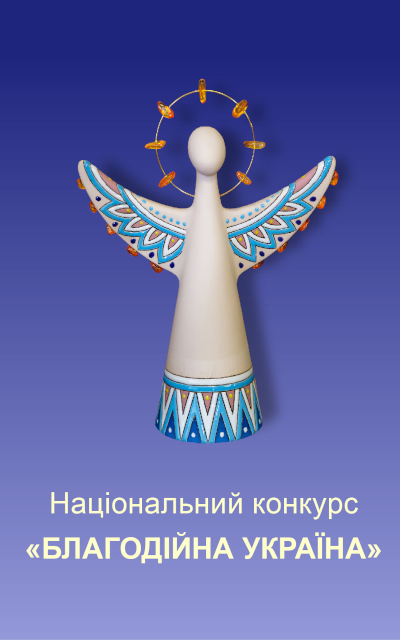


Конкурс малих грантів для ОГС від UNDP
08.12.2020
Програма ООН із відновлення та розбудови миру оголошує конкурс пропозицій для управління програмою малих грантів, що охоплюватиме безліч тематичних напрямів – від соціальної згуртованості в громадах до протидії гендерно зумовленому насильству та підтримки проєктів із гендерної рівності. Дедлайн подачі - 25 грудня 2020 року.
Engaging an NGO/CSO as Responsible Party for managing small grants programme on the issues of community development and security initiatives, social cohesion, social integration, conflict prevention and peacebuilding, gender equality and GBV prevention, community policing, promotion of participatory budgets, civil society peer-to-peer support programmes, CSO mentoring system, inter-municipal cooperation, support to women-led CSOs in the target hromadas of Donetsk, Luhansk, Zaporizhzhia, Kherson, Mykolaiv, Sumy and Chernihiv oblasts.
I. BACKGROUND INFORMATION
The ongoing conflict in eastern Ukraine has had a direct and profoundly negative impact on social cohesion, resilience, livelihoods, community security, and the rule of law. Recognising the need to urgently address reconstruction, economic recovery and peacebuilding needs in areas affected both directly and indirectly by the conflict, in late 2014 the Government of Ukraine requested technical assistance and financial support from the international community to assess priority recovery needs. In late 2014, the United Nations, the World Bank and the European Union conducted a Recovery and Peacebuilding Assessment, which was endorsed by the Cabinet of Ministers in mid-2015.
UNDP has been active and present in eastern Ukraine for the past decade, prior to the conflict, with a focus on community development, civil society development, and environmental protection. Work on addressing the specific conflict-related development challenges discussed above built on this earlier engagement and established partnerships and started in 2015 through the United Nations Recovery and Peacebuilding Programme (UN RPP), a multi-donor funded framework programme jointly implemented by four United Nations partnering agencies: the United Nations Development Programme (UNDP), the UN Entity for Gender Equality and the Empowerment of Women (UN Women), the United Nations Population Fund (UNFPA) and the Food and Agriculture Organisation of the United Nations (FAO).
The UN RPP was designed to respond to and mitigate the causes and effects of the conflict. It is based on findings of the Recovery and Peacebuilding Assessment (RPA). It is aligned to the State Target Programme for Recovery as well as to the two oblasts development strategies up to 2020. The UN RPP involves three pillars for action: 1) restoration of infrastructure and economic recovery; 2) support to local governance and related capacity building; and 3) social resilience and peacebuilding. It is an integral component of the UNDP Country Programme and is therefore fully aligned with the United Nations Partnership Framework (UNPF). It is closely interlinked with the Democratic Governance and Reform Programme, operating nationally and in all of Ukraine’s regions and is consistent with the SDGs, in particular, SDG 16 (Peace, Justice and Strong institutions).
As an area-based programme specifically developed for the conflict-affected areas of eastern Ukraine, the UN RPP addresses the key stabilisation, peacebuilding, economic and governance priority needs in the east of Ukraine following the start of the conflict. It considers the opportunities that have arisen from the Minsk Protocol of September 2014 and the renewal of its cease-fire provisions (the latest cease-fire having been agreed in March 2018) and is also fully adjusted to the humanitarian-development nexus.
The Programme’s interventions are grouped under the following key Programme components, which reflect the region’s priority needs:
- Component I: Economic Recovery and Restoration of Critical Infrastructure
- Component II: Local Governance and Decentralisation Reform
- Component III: Community Security and Social Cohesion (CSSC)
The Programme, which operates based on a pooled funding arrangement, follows a multi-sectoral programmebased approach and is implemented using an area-based methodology. With the current project, it is a unifying interventions framework for twelve projects funded by twelve international partners.
Component ІІІ of UN RPP “Community Security and Social Cohesion” (CSSC) aims to reach some of its goals through small grants fund establishment. This includes implementation support of the projects on the issues of community development and security initiatives, social cohesion, social integration, conflict prevention and peacebuilding, gender equality and GBV prevention, community policing, promotion of participatory budgets, civil society peer-to-peer support programmes, CSO mentoring system, inter-municipal cooperation, support to women-led CSOs. The financial administration of Small Grants Programme lies with United Nations Development Programme (UNDP).
For this purpose, UNDP is seeking an NGO/CSO as responsible party that will manage the Small Grants Programme(SGP) on the issues of community development and security initiatives, social cohesion, social integration, conflict prevention and peacebuilding, gender equality and GBV prevention, community policing, promotion of participatory budgets, civil society peer-to-peer support programmes, CSO mentoring system, inter-municipal cooperation, support to women-led CSOs.
The funding for this Small Grants Programme will be provided with support from the European Union. The Responsible Party will administer SGP in the target hromadas, provide support and ensure implementation process for provision on a competitive basis of small grants to local NGO-grantees in Donetsk (governmentcontrolled areas – GCAs), Luhansk (government-controlled areas – GCAs), Zaporizhzhia, Kherson, Mykolaiv, Sumy and Chernihiv oblasts.
II. OBJECTIVES AND EXPECTED OUTPUTS/ DELIVERABLES
The overall objective of this assignment is to establish a competitive mechanism and manage the process of allocation of small grants to NGOs/CSOs on the issues of community development and security initiatives, social cohesion, social integration, conflict prevention and peacebuilding, gender equality and GBV prevention, community policing, promotion of participatory budgets, civil society peer-to-peer support programmes, CSO mentoring system, inter-municipal cooperation, support to women-led CSOsin the target hromadas of Donetsk, Luhansk, Zaporizhzhia, Kherson, Mykolaiv, Sumy and Chernihiv oblasts. The list of target hromadas for each oblast will be provided to the Responsible Party selected.
Detailed objectives, related outputs, deliverables and key considerations are provided in the Terms of Reference – Annex I. Final Beneficiaries: NGOs/CSOs registered and implementing projects on the issues of community development and security initiatives, social cohesion, social integration, conflict prevention and peacebuilding, gender equality and GBV prevention, community policing, promotion of participatory budgets, civil society peer-to-peer support programmes, CSO mentoring system, inter-municipal cooperation, support to women-led CSOs in the target hromadas of Donetsk, Luhansk, Zaporizhzhia, Kherson, Mykolaiv, Sumy and Chernihiv oblasts.
III. ELIGIBILITY & QUALIFICATION CRITERIA
Interested NGOs/CSOs must meet the following criteria to be eligible for the selection:
- Non-governmental, public, charitable, non-profit organization officially registered in Ukraine for at least 3 years;
- Experience in the management of grant programmes (at least two grant programmes with a total number of recipients over 40);
- Experience in project implementation or execution of contracts for the provision of professional services in the area of grant programmes management with a total budget of projects/contracts from USD 100,000.00;
- Legal status of the organization should enable it to receive grants pool from UNDP without the Responsible Party’s incurring in tax liabilities;
NGOs/CSOs must have a team of at least six members satisfying the requirements that are provided in the Terms of Reference – Annex I. The parameters that will determine whether an NGO/CSO is eligible to be considered by UNDP will be based on the Capacity Assessment Checklist (CACHE) that should be duly completed and submitted alongside supporting documents request. Capacity Assessment Checklist (CACHE) For NGO/CSO template – Annex II.
IV. TECHNICAL AND FINANCIAL PROPOSAL
Proposed Methodology, Approach, quality assurance plan and Implementation Plan – this section should demonstrate the NGO’s/CSO’ response to the Terms of Reference by identifying the specific components proposed, how the outputs/ delivery shall be addressed, as specified; providing a detailed description of the essential performance characteristics proposed; identifying the works/portions of the work that will be subcontracted.
Moreover, the proposal should demonstrate how the proposed methodology meets or exceeds the TOR, while ensuring appropriateness of the approach to the local conditions and the rest of the project operating environment. This methodology must be laid out in an implementation timetable and a quality assurance.
Management Structure and Resource (Key Personnel) – This section should include the comprehensive description of the management structure and information regarding required resources including curriculum vitae (CVs) of key personnel that will be assigned to support the implementation of the proposed methodology, clearly defining the roles and responsibilities vis-à-vis the proposed methodology. CVs should establish competence and demonstrate qualifications in areas relevant to the TOR.
V. EVALUATION CRITERIA & METHODOLOGY
1. Proposals will be evaluated based on the following criteria and methodology:
|
Summary of Technical Proposal Evaluation Forms |
Score Weight |
Points Obtainable |
|
|
1. |
Expertise of Firm/Organization |
36% |
360 |
|
2. |
Proposed Methodology, Approach and Implementation Plan |
36% |
360 |
|
3. |
Personnel |
28% |
280 |
|
Total |
1000 |
||
Please refer to Annex II for detailed sub criteria.
1) Evaluation methodology: Quality based under Fixed Budget Selection (QB-FBS)
QB-FBS methodology implies that all proposals have the same maximum overall price (which cannot exceed a known fixed budget amount), focusing the selection on the quality of the proposal and the NGO/CSO proposed approach and methodology.
NGO/CSO shall provide their best technical proposal and financial breakdown (within the budget) in one single envelope (clearly stating proposed overheads). Evaluation of all technical proposals shall be carried out, in accordance with below outlined evaluation criteria, and the entity that obtains the highest technical score shall be selected. NGOs/CSOs exceeding the established fixed budget in their financial proposals will be rejected.
Any NGO/CSO engaged to act as RP is subject to and must comply with the HACT policy (i.e., micro-assessment and assurance activities) that must be validated through performance measures and quality certified by an independent assessor engaged by UNDP.
Budget size and duration
The overall indicative amount made available under this Call for Proposals is USD 707,250.00. UNDP reserves the right not to award all available funds should the number and quality of applications not meet the criteria. Moreover, UNDP reserves the right not to fund any proposals arising from this Call for Proposals.
Small Grants Fund should be equal to USD 615,000.00 and cannot be changed while administration and management services costs should be less or equal to USD 92,250.00. The amount requested in the proposal should be commensurate with the organization’s administrative and financial management capabilities.
The duration of proposed activities should not exceed the period of fourteen (14) months. The anticipated implementation period is January 2021 – February 2022. The organizations are requested to submit a clear dynamic plan for each deliverable within the foreseen timeframe.
The schedule of payments for the administration and management services will be agreed with the Responsible Party before the start of the assignment. Payments to the Responsible Party to cover administration and management services costs will be performed in equal proportions on a monthly basis linked to deliverables and executed upon submission and acceptance of the Final Report (including Final Financial Report, Narrative Report, Report on Indicators and final list of beneficiaries).
Upon completion of all deliverables and acceptance of the Final Report the Responsible Party receives the final payment envisaged in the proposal but not exceeding the maximum allocation provided by the donor.
VII. SELECTION PROCESS:
The UNDP will review proposals through a five-step process: (i) determination of eligibility; (ii) technical review of eligible proposals; (iii) scoring and ranking of the eligible proposals based on the assessment criteria outlined in the previous section to identify highest ranking proposal; (iv) round of clarification (if necessary) with the highest scored proposal; and (v) Responsible Party Agreement (RPA) signature.VIII. SUBMISSION PROCESS
Applicants shall bear all costs related to proposal preparation and submission.
Applicants must submit their proposals through e-tendering online system and by the deadline indicated in
https://etendering.partneragencies.org.
Applicants are solely responsible for ensuring that any and all files uploaded to eTendering system are readable, that is, uncorrupted, in the indicated electronic format, and free from viruses and malware. Failure to provide readable files will result in the proposal being rejected.
The following documents must be submitted for the submission to be considered:
- Applications (project proposals) in the form of the template attached (Annex II – Capacity Assessment Checklist for NGO/CSO), including organizational profile with the following details:
- Proof of registration as a non‐governmental/non‐commercial organization including copies of registration certificate;
- A clearly defined management structure of the organisation;
- Proven track record of experience in the implementation of similar/related type of activities;
- Experience in the management of grant programmes;
- Experience in project implementation or execution of contracts for the provision of professional services in the area of grant programmes management;
- Audited financial statements for the past two years (if available);
- A work plan with the proposed work schedule indicating the persons responsible for each area of activity.
- Description of the management methodology and implementation of the small grants programme, which should include the following:
- Communication strategy and plan for dissemination of information about the contest, including cooperation with the media and NGOs, placement of information via online resources and social networks;
- Description of the online application system with a timeframe for its launch if not developed yet;
- Description of organization of all stages of the project proposals evaluation process with proposed criteria for evaluating project proposals and evaluation procedures;
- Description of the mechanism of transferring funds to NGO/CSO grantees, a prerequisite of which is that no or minimal tax obligations of the grantees shall arise in connection with the grant funds receipt;
- Procedure for monitoring and evaluation of the projects, including the admission procedures and inspection reports description, quality control methods;
- Description of communication tools available for interaction with applicants and grantees, which should include but not limited to a telephone hotline;
- Description of the grant funds returning procedure and brief on raised lawsuits within the previous projects and their results;
- Personal CVs of Project Team, including information about experience in similar projects / assignments and clear definition of roles and responsibilities for this assignment;
- Quality assurance
- At least 2 reference letters from previous customers/clients/partners reflecting the nature of projects implemented, their results and the role of the applicant;
- Information regarding required resources including curriculum vitae (CVs) of key personnel that will be assigned to support the implementation of the proposed methodology (clear definition of roles and responsibilities).
- The Financial Proposal with a detailed cost breakdown, Annex III.
Only one submission per organization is allowed. Organizations may not participate in more than one proposal. Once the application is complete and submitted, revised versions of proposal documents will not be accepted. Partial application will not be accepted.
Interested NGOs/CSOs may obtain further information or clarification by contacting the UNDP office in Ukraine not later than 48 hours prior to the submission deadline indicated below with subject field ““UN_RPP_3_2021_1_ADM: request for information” through the following address:
E-mail address: [email protected]
Submission Deadline
For eTendering submission – proposals, with supporting documents, should be submitted as indicated in eTendering system.
Estimated Competition Timeline
For reference purposes only, please consider the following indicative timeline:
- 7 December 2020: Call for Proposal opens, and relevant documents are posted online.
- 25 December 2020: Deadline for organizations to submit proposals under this Call.
- 15 January 2021: Assessment and selection processes will take place.
- 25 January 2021: Selected applicants will be notified.
IMPORTANT ADDITIONAL INFORMATION
UNDP implements a policy of zero tolerance on proscribed practices, including fraud, corruption, collusion, unethical practices, and obstruction. UNDP is committed to preventing, identifying and addressing all acts of fraud and corrupt practices against UNDP as well as third parties involved in UNDP activities. (See http://www.undp.org/content/dam/undp/library/corporate/Transparency/UNDP_Anti_Fraud_Policy_English_ FINAL_june_2011.pdf and http://www.undp.org/content/undp/en/home/operations/procurement/protestandsanctions/ for full description of the policies) In responding to this Call for Proposals, UNDP requires all Proposers to conduct themselves in a professional, objective and impartial manner, and they must at all times hold UNDP’s interests paramount. Proposers must strictly avoid conflicts with other assignments or their own interests, and act without consideration for future work. All Proposers found to have a conflict of interest shall be disqualified. Without limitation on the generality of the above, Proposers, and any of their affiliates, shall be considered to have a conflict of interest with one or more parties in this solicitation process, if they:
- Are or have been associated in the past, with a firm or any of its affiliates which have been engaged UNDP to provide services for the preparation of the design, Terms of Reference, cost analysis/estimation, and other documents to be used in this competitive selection process;
- Were involved in the preparation and/or design of the programme/project related to the services requested under this Call for Proposals; or
- Are found to be in conflict for any other reason, as may be established by, or at the discretion of, UNDP.
In the event of any uncertainty in the interpretation of what is potentially a conflict of interest, proposers must disclose the condition to UNDP and seek UNDP’s confirmation on whether such conflict exists.
UNDP looks forward to receiving your proposal and thanks you in advance for your interest in UNDP activities.
ANNEXES
Source: https://procurement-notices.undp.org/view_notice.cfm?notice_id=73612









Коментарі